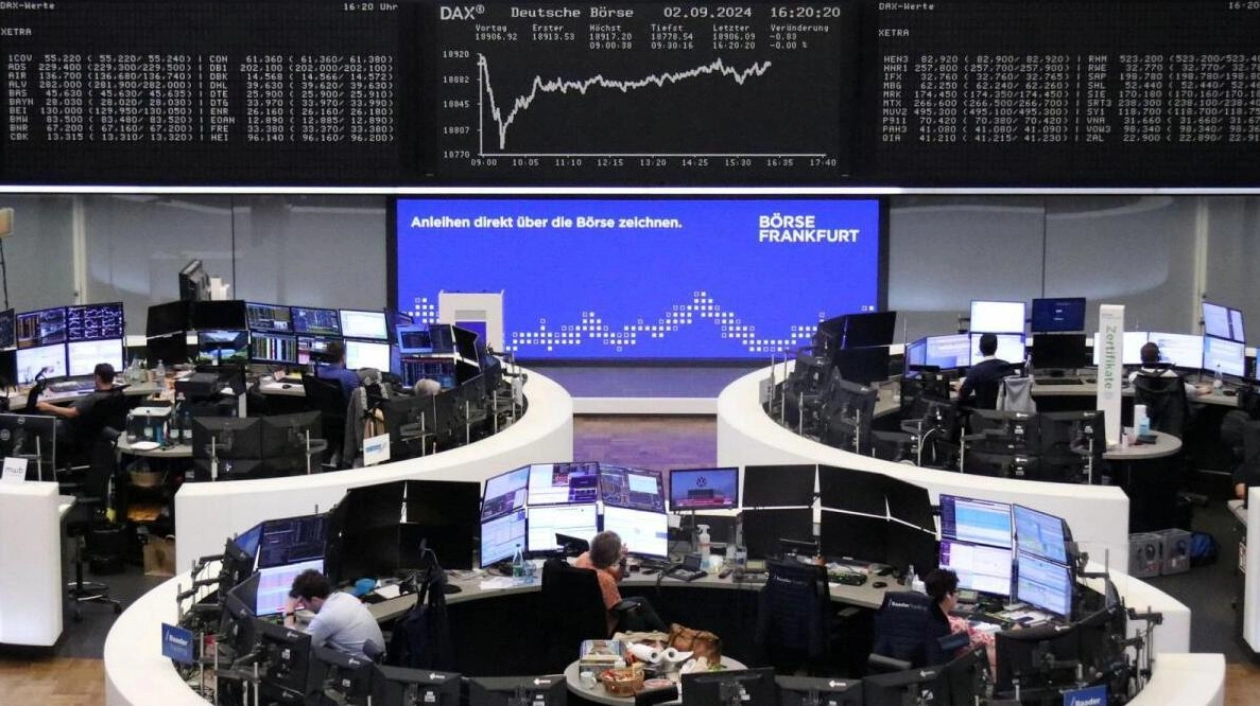Weak economic data from China impacted stock market trading on Monday, overshadowing the positive sentiment surrounding a potential US interest rate cut. Most major Asian markets ended the day in the red, while European markets managed to shake off the negative mood in late afternoon trading. Frankfurt’s DAX closed slightly higher, setting a new record.
Wall Street was closed due to a US public holiday. Investor confidence was shaken by concerns about China’s economy after a report indicated that the country’s manufacturing sector had contracted for the fourth month in a row in August, more than anticipated. The weekend data “rang alarm bells,” according to Joshua Mahony, chief market analyst at trading group Scope Markets. China’s manufacturing sector “clearly remains in a troublesome position as the country tries to navigate out of the recent real estate-driven slowdown,” he added.
In August, the Purchasing Managers’ Index (PMI) stood at 49.1 points, a sharper contraction than in July (49.4 points), according to the National Bureau of Statistics. A figure above 50 indicates expansion in manufacturing activity, while below that signals contraction. This update comes as Chinese leaders are urged to introduce new stimulus measures, especially for the struggling property sector, with warnings that the government’s GDP growth target of “around 5 percent” might be missed this year.
Following the release of Chinese data, oil prices initially fell but later recovered, while the yuan weakened against the dollar. The data heightened concerns about weak Chinese demand, affecting sectors such as luxury goods, with British brand Burberry and French group Kering seeing their shares drop. Conversely, British online real estate firm Rightmove saw its stock surge after a potential takeover by Australian peer REA Group was announced.
Volkswagen’s shares rose after the company hinted at potential job cuts and factory closures. Meanwhile, the focus remains on the Federal Reserve’s expected interest rate cut in September. Recent data suggests that the Fed might ease monetary policy this month. The upcoming non-farm payrolls report will be closely watched to gauge the state of the US economy. Analysts predict a significant deviation from forecasts could lead to a larger rate cut than expected.
Kathleen Brooks, research director at XTB, noted that the jobs report could influence future interest rate cut expectations. A stronger payroll reading could potentially reduce the likelihood of future rate cuts, despite a cut being almost certain this month. The addition of just 114,000 jobs in July sparked concerns about a potential US recession.






